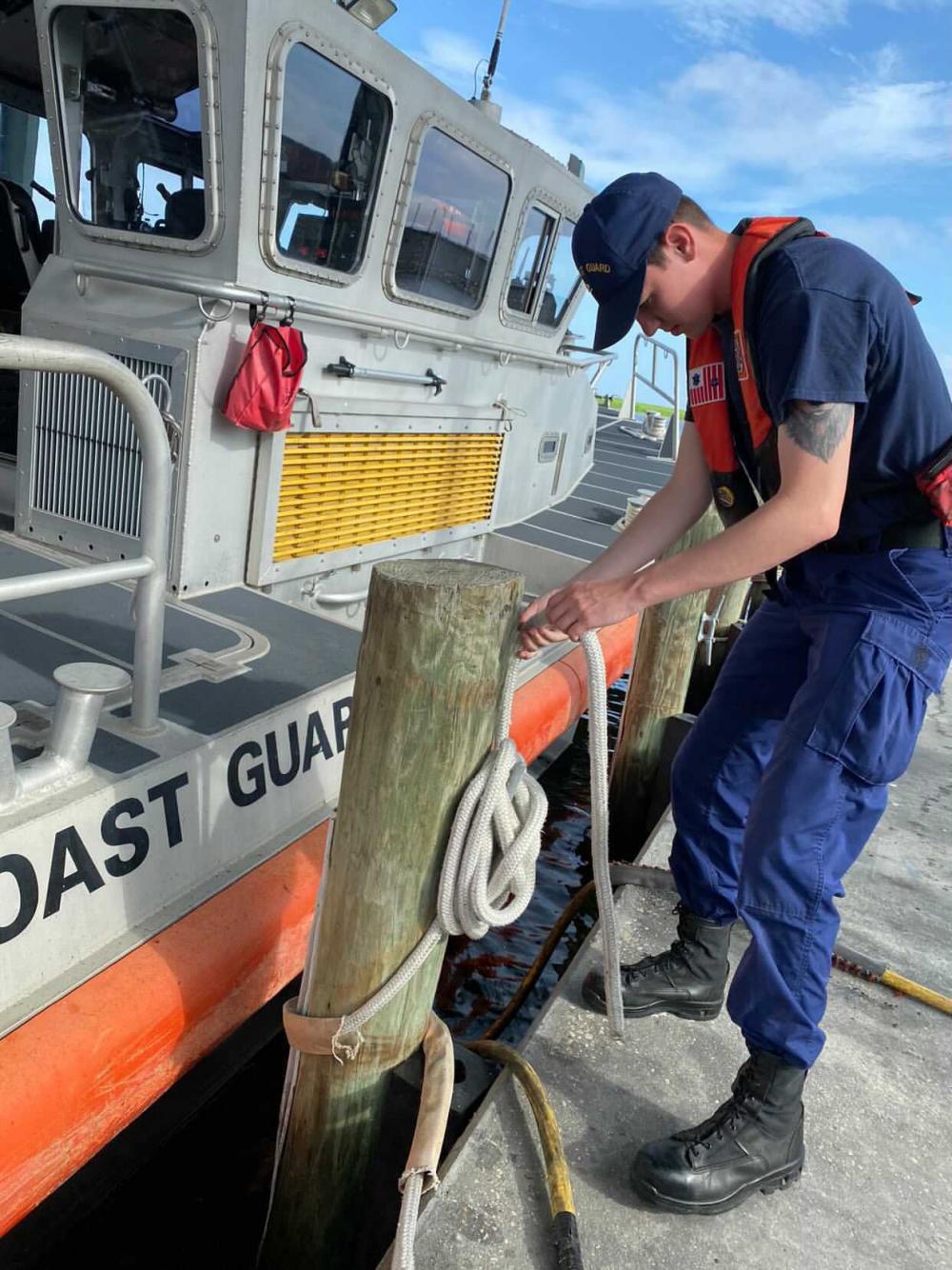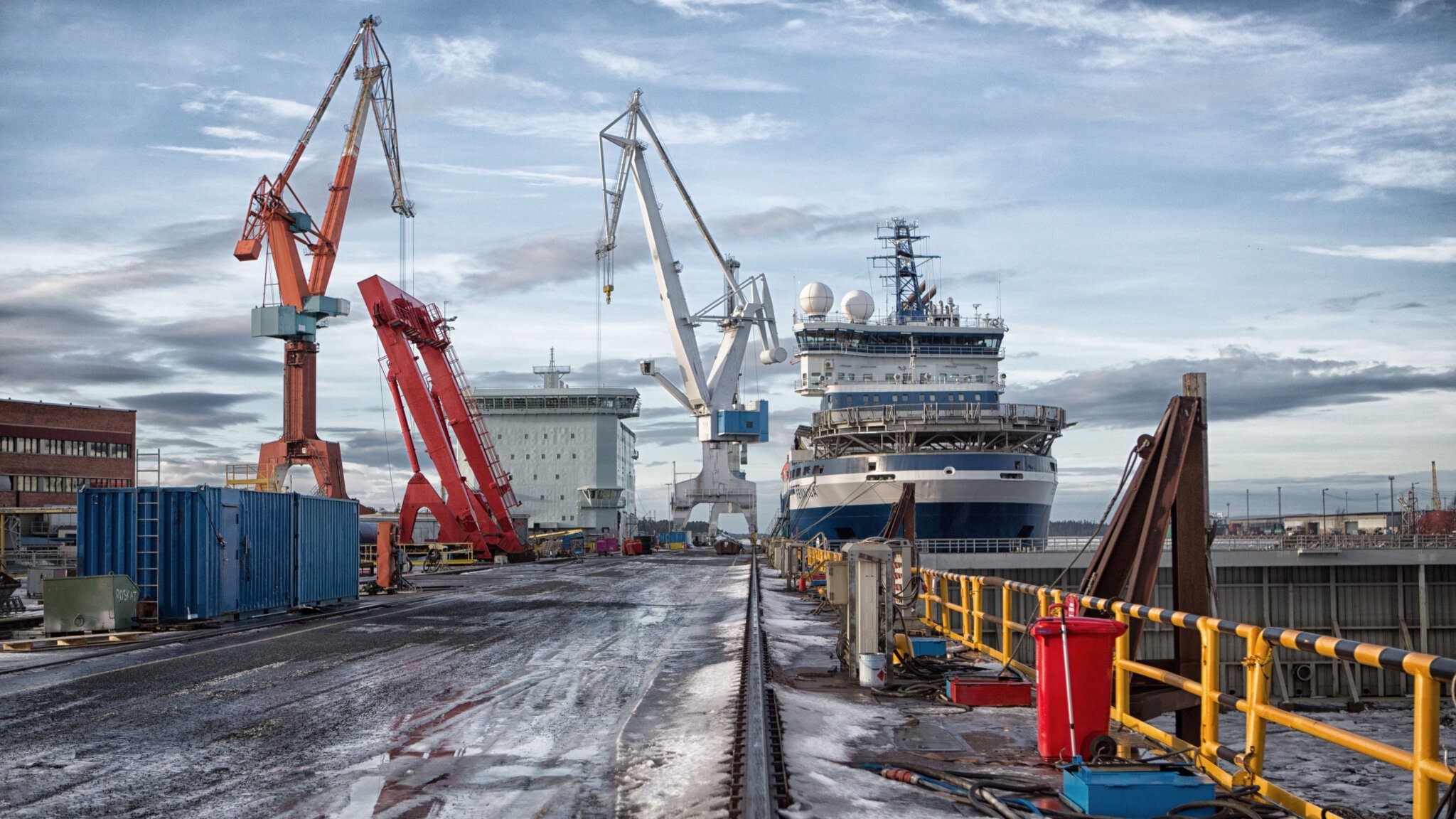Updated: October 24, 2023 (Originally published August 28, 2021)
NEW ORLEANS —(USCG) “As we prepare for Hurricane Ida, we are urging people in the area to remain vigilant,” said Cmdr. Scott Williams, area commander for the Ida response. “Our ability to conduct rescues can be diminished or non-existent at the height of a storm, but we have our crews staged and ready to respond to emergencies immediately after the hurricane passes.”
The Coast Guard is warning the public of these important safety messages:
- Stay off the water. Hurricanes and tropical storms can be deadly and our ability to conduct rescues can be diminished or non-existent at the height of a storm. Be prepared, stay informed and heed storm warnings.
- Be prepared. Owners of large boats are urged to move their vessels to inland marinas where they will be less vulnerable to breaking free of their moorings or sustaining damage. Mooring lines should be doubled in case of high winds. Boats that can be trailered should be pulled from the water and stored in a place that is not prone to flooding. Those who are leaving their boats in the water are reminded to remove EPIRBs and to secure life rings, life jackets, and small boats. These items, if not properly secured, can break free and require valuable search and rescue resources to be diverted to ensure people are not in distress.
- Evacuate as necessary. If mandatory evacuations are set for an area, the public should evacuate without delay. Coast Guard personnel and other emergency responders may not be able to evacuate or rescue those in danger during the storm.
- Secure belongings. Owners of large boats are urged to move their vessels to inland marinas where they will be less vulnerable to breaking free of their moorings or to sustaining damage. Trailer-able boats should be pulled from the water and stored in a place that is not prone to flooding. Those who are leaving their boats in the water are reminded to remove EPIRBs and to secure life rings, lifejackets and small boats. These items, if not properly secured, can break free and require valuable search and rescue resources be diverted to ensure people are not in distress.
- Stay informed. The public should monitor the progress and strength of the storm through local television, radio, and the Internet. Boaters can monitor its progress on VHF radio channel 16. Information can also be obtained on small craft advisories and warnings on VHF radio channel 16.
- For more information on hurricane preparedness visit Ready.Gov and NOAA websites, as well as following them on Twitter.
Port conditions change based on weather forecasts, and current port conditions can be viewed on the following Coast Guard homeport webpages:
-USCG-
Editorial Standards · Corrections · About gCaptain

 Join The Club
Join The Club











